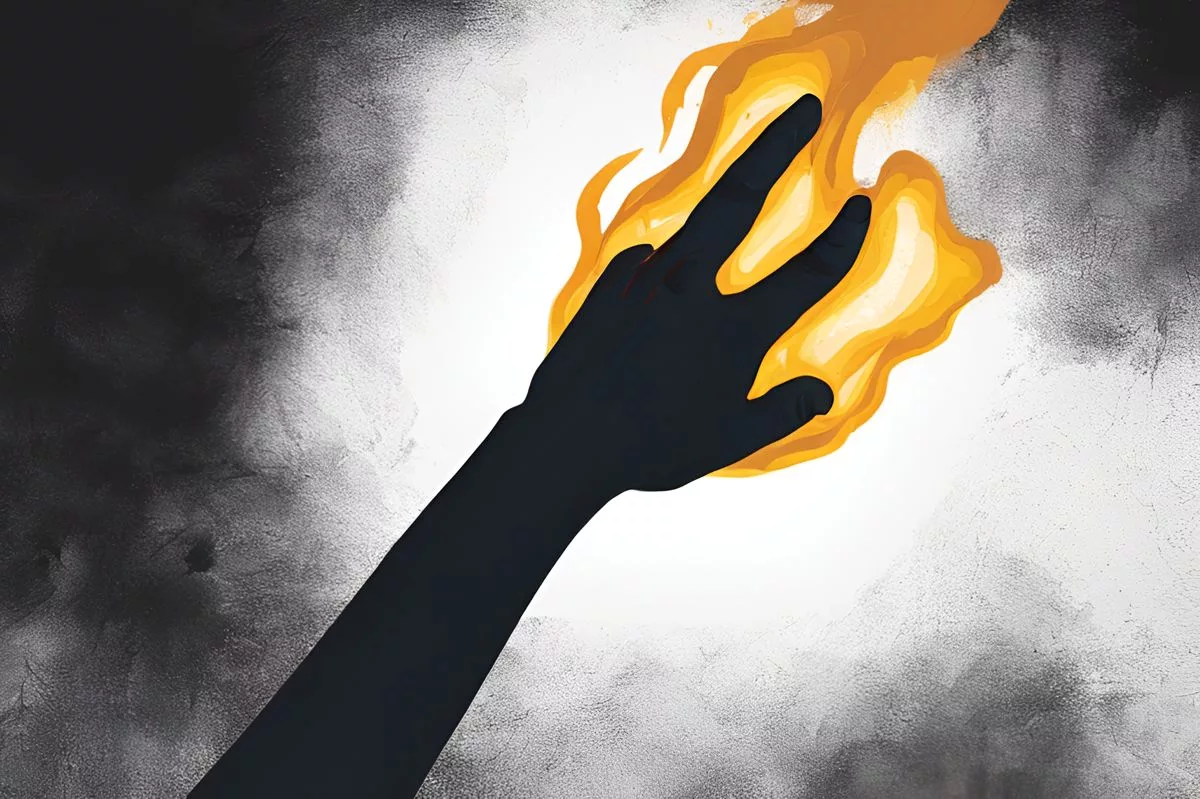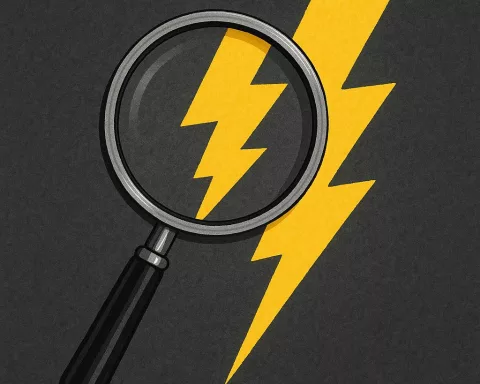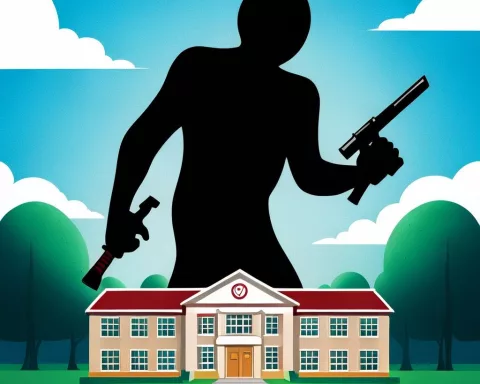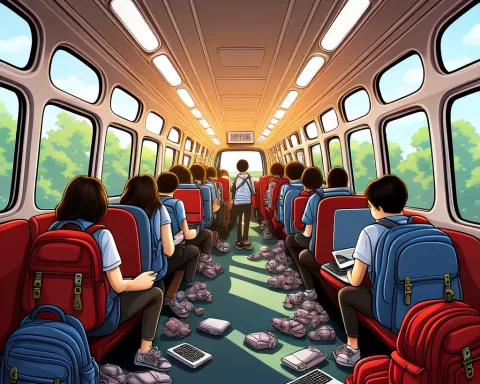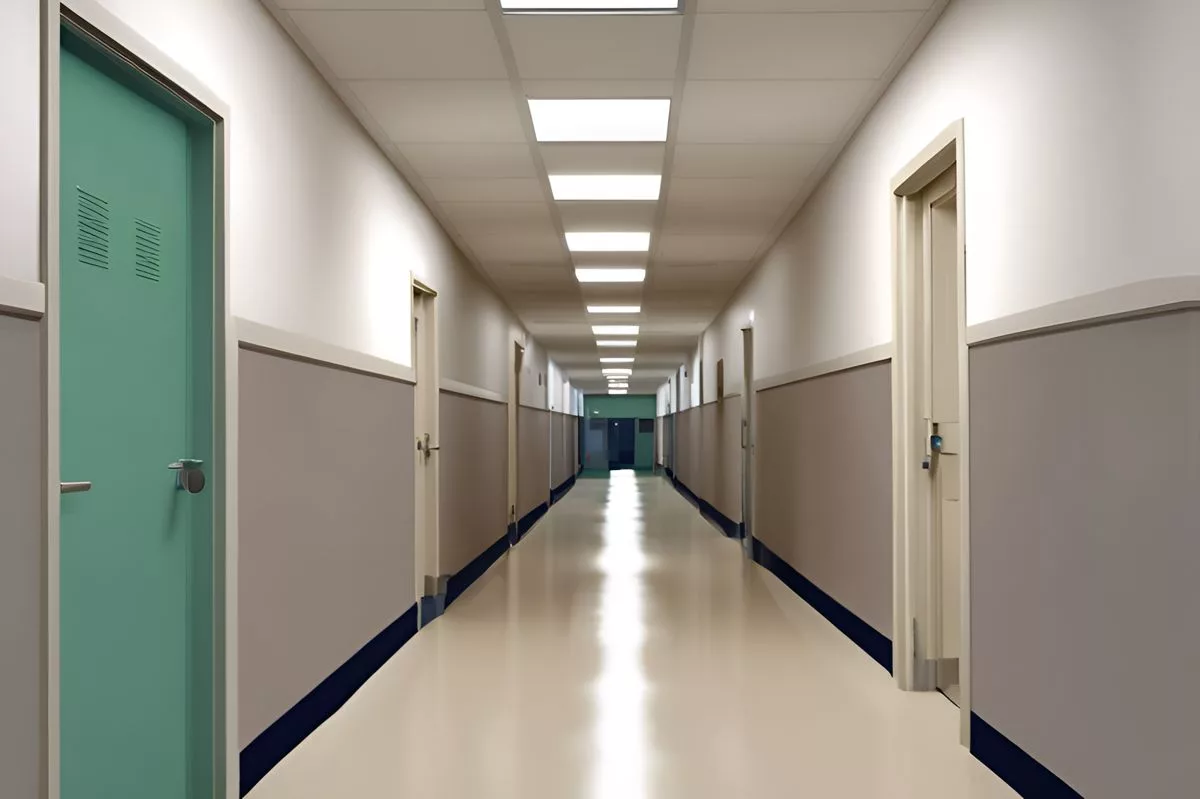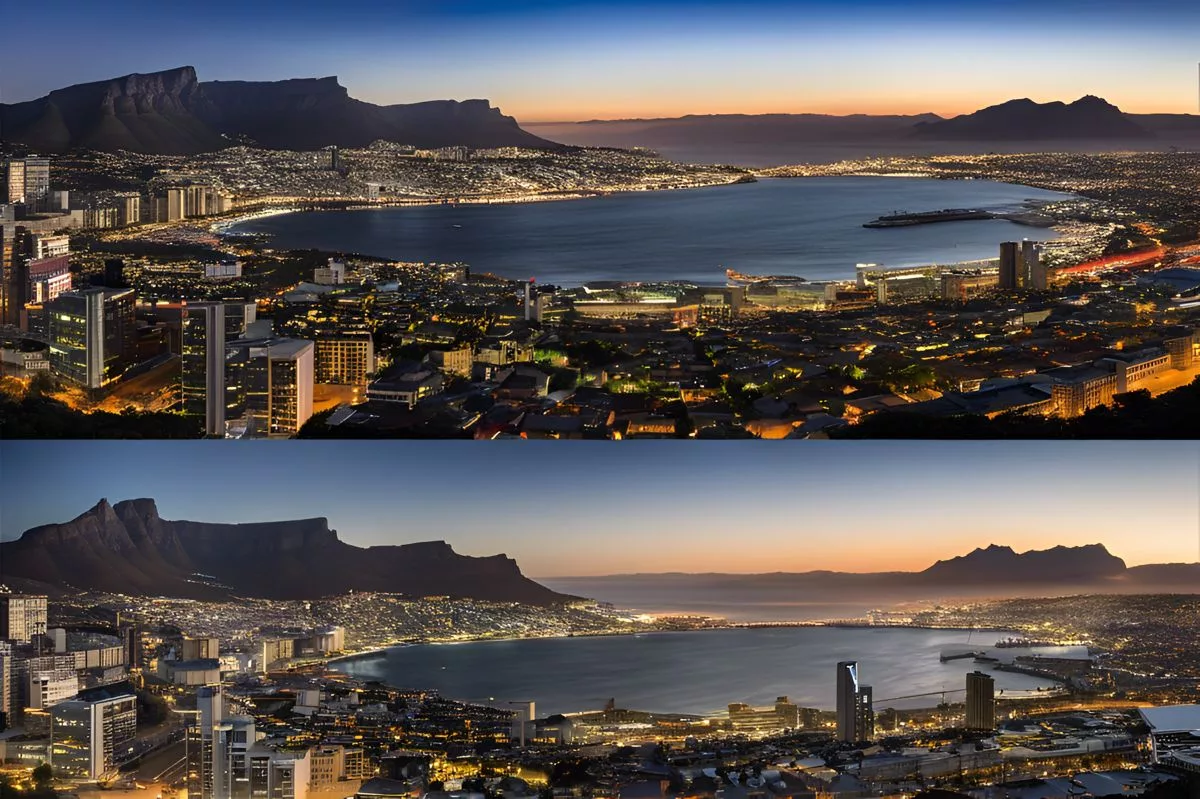The University of Cape Town’s Council has taken a bold stand in the Gaza conflict by adopting two resolutions that showcase their commitment to peace and justice. The first resolution calls for an immediate ceasefire and the protection of academic freedom, while the second prohibits UCT academics from associating with any research group or network linked to the Israeli military. These resolutions bring attention to the devastating effects of conflict on education and the importance of rebuilding intellectual capital. The university’s actions hold significant importance in a world where violence often drowns out the voices of reason, serving as a beacon of hope for peace.
How did the University of Cape Town take a stand in the Gaza conflict?
The University of Cape Town’s Council showcased its commitment to peace and justice by adopting two resolutions in the midst of the ongoing crisis in Gaza. The first resolution calls for an immediate ceasefire, the release of captives, expresses grief over the obliteration of Gaza’s educational sector, and protects academic freedom. The second resolution prohibits UCT academics from associating with any research group or network linked to the Israeli Defence Force or the broader Israeli military establishment.
Taking a decisive and influential stand in the midst of the ongoing crisis in Gaza, the University of Cape Town’s Council has showcased its commitment to peace and justice. This powerful move was marked by the recent adoption of two resolutions by the University’s Senate. The Council’s endorsement of these resolutions signifies a strong message: the global academic community is actively involved in the quest for peace and justice, rather than sitting by as mere spectators.
Resolution One: Prioritizing Education Amid Conflict
Often, the lens of politics and power is used to view war. However, the Council’s resolutions bring to light the devastating effects of strife on education. The Senate’s first resolution calls for an immediate ceasefire, the release of captives, and expresses grief over the obliteration of Gaza’s educational sector. This resolution embodies the academic community’s worries, focusing attention on the tragic loss of educators and university staff.
In response to the appalling devastation, the resolution appeals to the international community to ensure that rebuilding the education sector in Gaza is part of humanitarian aid. This appeal goes beyond calling for mere repair or reconstruction. It’s a passionate plea for the revitalization of intellectual capital, envisioning a future where knowledge trumps violence.
Furthermore, the resolution staunchly protects the domain of academic freedom, voicing concerns against attempts to silence criticism of Israeli or Zionist policies by labeling them as antisemitism. It emphasizes the vital difference between critiquing Zionism or Israeli policies and antisemitism, categorically rejecting the International Holocaust Remembrance Alliance’s blending of the two.
Another significant component of the resolution is the display of solidarity with academic colleagues in Gaza, who are suffering the worst of the conflict’s horrific conditions. It vows to assist in rebuilding the academic sector, reflecting the unwavering dedication of the global academic community to its counterparts in Gaza. Additionally, it extends a solidarity gesture to those who have faced retaliation for speaking out against the destruction of education in Gaza.
Resolution Two: A Direct Stand Against the Military
The second resolution, on the other hand, takes a more direct opposition against the military establishment. It prohibits UCT academics from associating with any research group or network linked to the Israeli Defence Force or the broader Israeli military establishment. This action underscores the university’s commitment to non-violence and serves as a protest against the militaristic actions that have precipitated the current crisis.
This pivotal decision by the University of Cape Town occurs when Palestine solidarity encampments are reportedly present at UCT and Wits University, indicating a wider trend of academic institutions aligning with the quest for peace and justice in Gaza. Similarly, the University of the Western Cape called for a ceasefire earlier this year, emphasizing academia’s role in advocating for peace.
The Impact, Relevance, and Hope in a Time of Crisis
Al Jazeera reports the situation on the ground as grim, with Israel’s bombardment leaving all Gaza universities in ruins, causing permanent damage to the region’s academic infrastructure. Over 90 university professors have been killed, a heartbreaking loss of intellectual capital that will have a profound impact on the region’s future.
In this context, the University of Cape Town’s actions hold substantial importance. By audaciously campaigning for an end to violence, the revival of the educational sector, and the protection of academic freedom, the university is playing a crucial role in a conflict with repercussions extending beyond academia.
In a world where violence often drowns out the voices of reason, the University of Cape Town’s steadfast position serves as a beacon of hope. This stance reaffirms the power of education and intellectual dialogue in stimulating discourse, nurturing understanding, and ultimately, realizing peace.
What do the two resolutions of the University of Cape Town’s Council entail?
The first resolution calls for an immediate ceasefire, the release of captives, expresses grief over the obliteration of Gaza’s educational sector, and protects academic freedom. The second resolution prohibits UCT academics from associating with any research group or network linked to the Israeli Defence Force or the broader Israeli military establishment.
What is the significance of the University of Cape Town’s actions in the Gaza conflict?
The University of Cape Town’s actions hold significant importance in a world where violence often drowns out the voices of reason, serving as a beacon of hope for peace. The university’s resolutions bring attention to the devastating effects of conflict on education and the importance of rebuilding intellectual capital.
What is the first resolution of the University of Cape Town’s Council about?
The first resolution of the University of Cape Town’s Council calls for an immediate ceasefire, the release of captives, expresses grief over the obliteration of Gaza’s educational sector, and protects academic freedom. It also emphasizes the vital difference between critiquing Zionism or Israeli policies and antisemitism, categorically rejecting the International Holocaust Remembrance Alliance’s blending of the two.
What is the second resolution of the University of Cape Town’s Council about?
The second resolution of the University of Cape Town’s Council prohibits UCT academics from associating with any research group or network linked to the Israeli Defence Force or the broader Israeli military establishment. It underscores the university’s commitment to non-violence and serves as a protest against the militaristic actions that have precipitated the current crisis.
What is the impact of the Gaza conflict on education?
Israel’s bombardment has left all Gaza universities in ruins, causing permanent damage to the region’s academic infrastructure. Over 90 university professors have been killed, resulting in a heartbreaking loss of intellectual capital that will have a profound impact on the region’s future.
How have other academic institutions responded to the Gaza conflict?
Other academic institutions, such as the University of the Western Cape and encampments at UCT and Wits University, have aligned with the quest for peace and justice in Gaza. The University of the Western Cape called for a ceasefire earlier this year, emphasizing academia’s role in advocating for peace.

